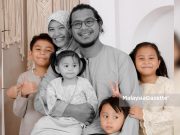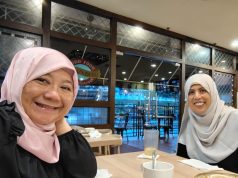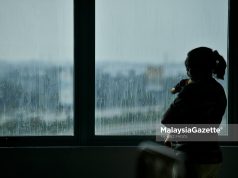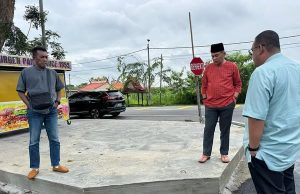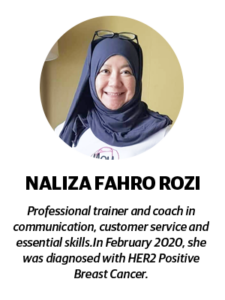 Getting treatment for cancer is disruptive to most Malaysian households. Adhering to treatment regimens requires social support and financial resources for a long period of time.
Getting treatment for cancer is disruptive to most Malaysian households. Adhering to treatment regimens requires social support and financial resources for a long period of time.
Research from the landmark 2012–2014 ASEAN Costs in Oncology study showed that one in two cancer survivors (51%) in Malaysia would be pushed into economic hardship within the first year of being diagnosed.
49% would have used up the entirety of their personal savings in pursuit of treatment. 39% could not pay for their medication. 35% were unable to afford medical consultation fees, 22% could no longer pay for rents and mortgages. 19% discontinued treatments altogether, as a result of financial hardship.
One in three Malaysian households (33%) fell below the national poverty line as a result of a cancer diagnosis.
According to White Paper on Cancer Care – Challenges, Gaps and Opportunities in Malaysia, published by Galen Centre, regardless of initial socio economic status, loss of income and unemployment after a cancer diagnosis are major causes of financial hardship. Many employed individuals are unable to continue working due to prolonged work absence, lack of workplace flexibility, and reduced productivity while going through treatment.
Having said that, I’m now part of the country’s growing statistics of cancer patients and survivors losing their jobs, and facing financial challenges.
When I first learned of the unexpected news in October, I was afraid, angry and resentful.
I had just completed the final leg of my cancer treatments. I wasn’t feeling strong enough mentally, emotionally, physically and financially to deal with the news at that time. I was hospitalised in November because the stress had given me peptic ulcers.
After the initial shock, I have calmed down, and I began shifting my paradigm. I started to accept the situation in a more objective manner. Redha and tawakkal. This has allowed me to see light at the end of the tunnel.
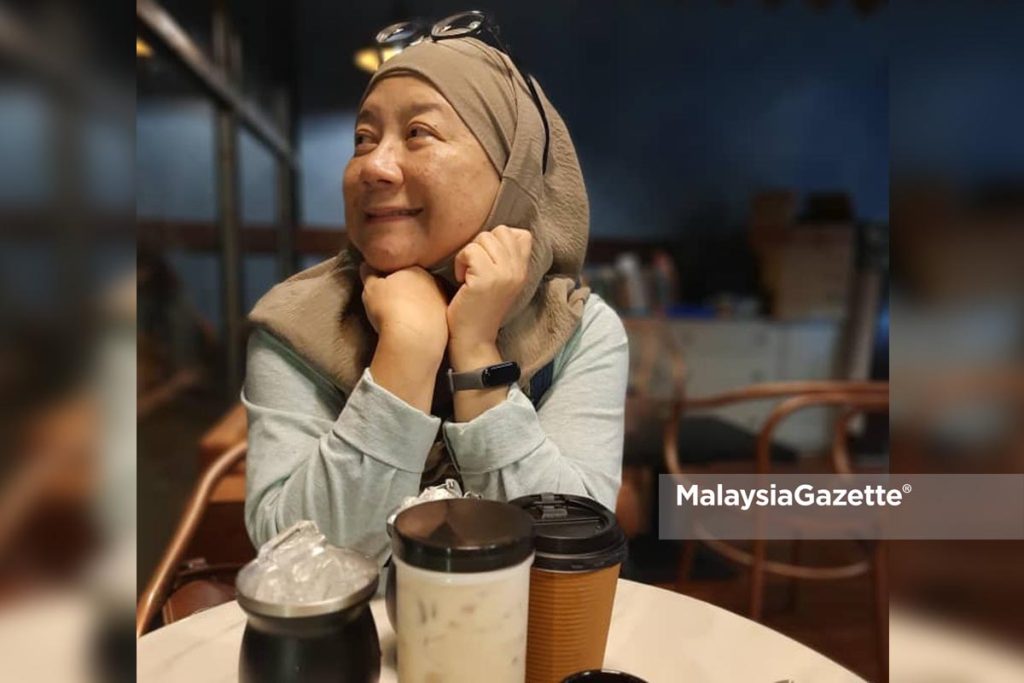
I started preparing for a change in my mindset, perspective and lifestyle. Instead of looking at it as a major catastrophe, I began to look at it as a blessing, and opportunity to grow and expand my horizon.
As I transition into a brand new life in 2024, here are some thoughts for the new year.
The key to change is to let go of fear, anger and resentment.
Forgive the person you were before you learned the lesson. Because, forgiveness isn’t always about forgiving others, sometimes you need to forgive yourself.
That person did what they could, with what they had at that moment in time. We all learn and grow. We are better now because of it. So, let the past go.
Be nicer to ourself, as we are all still learning. Learn from yesterday, live for today, hope for tomorrow. The most important thing is not to stop questioning. Keep our curiosity alive.
We all have different path and learning curves. We all make mistakes but the ones willing to accept and learning from them will be ahead of the pack.
Be kind with ourself. We couldn’t possibly knbow before knowing.
We can’t fully move forward if we will not learn how to forgive our past. That is the only way for a person to grow and move forward.
Make peace with our past, make peace with our broken pieces.
Maya Angelou once said, “I did then what I knew how to do and when I knew better, I did better.”
On that note, I’m forever in gratitude to family, friends and clients who have been supportive and have provided me with opportunities to collaborate and work together.
I look forward to a truly meaningful, blessed and fruitful 2024 and beyond. Here’s wishing everyone a Happy New Year!




